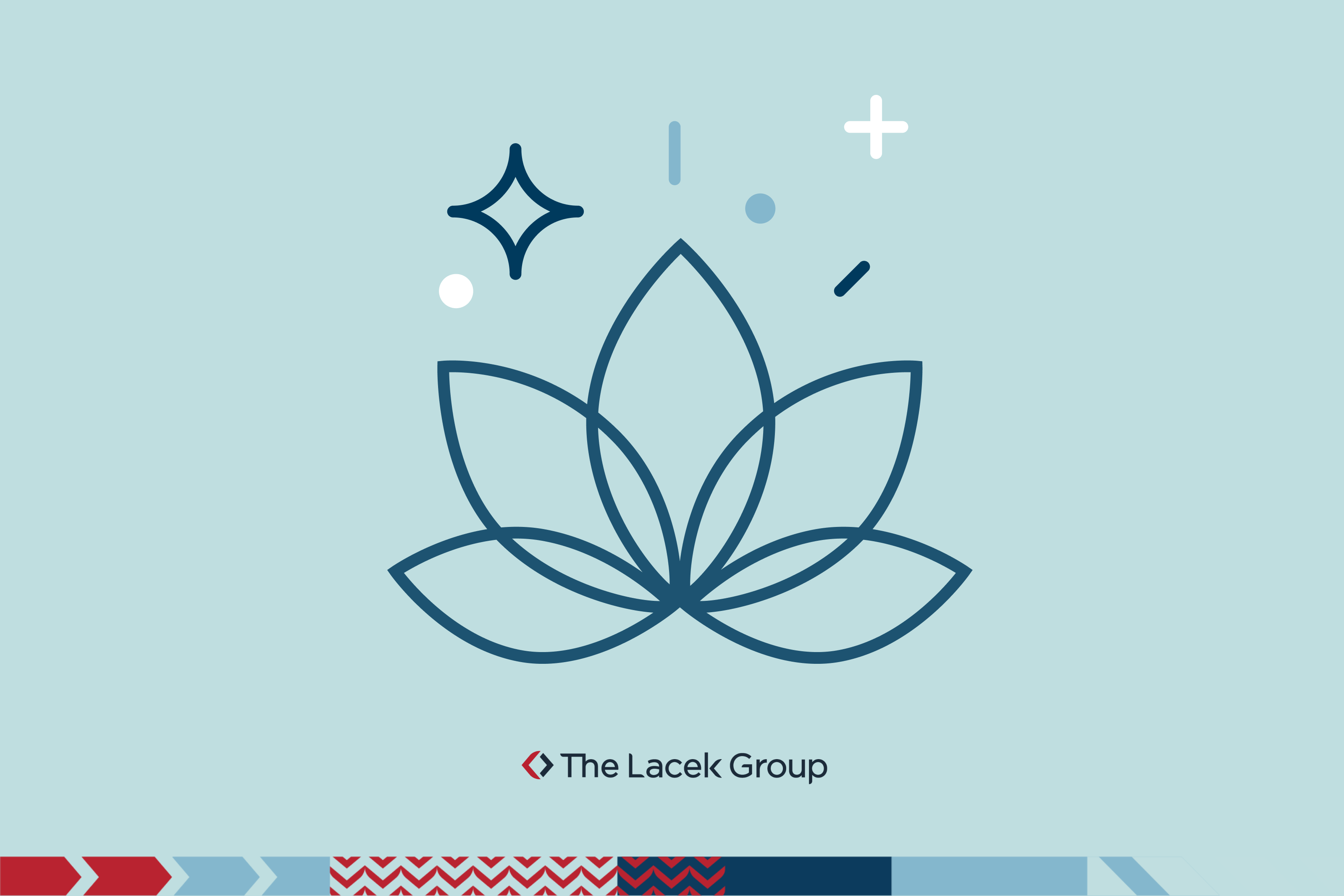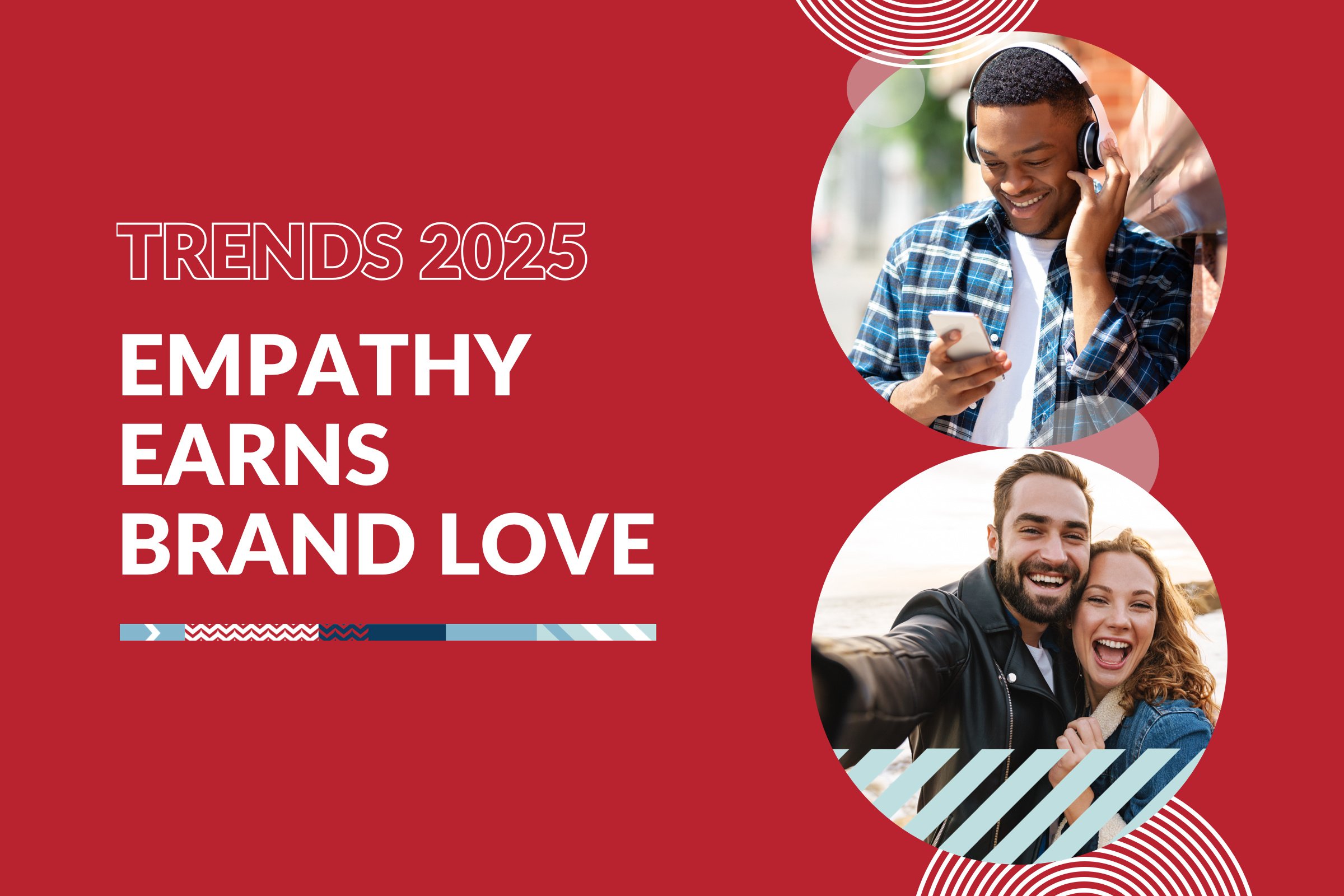The Wellness-Oriented Consumer

From stress reduction and sleep improvement to immune support and holistic self-care, a growing number of consumers today view wellness as an investment in themselves. And they embrace those brands that offer authenticity and transparency from the wellness brands they embrace.
The wellness economy refers to products and services that promote physical, mental, and emotional well-being, including fitness, nutrition, mindfulness, and beauty. It’s a rapidly expanding sector predicted to top $8.5 trillion by 2027.
This consumer shift toward wellness has major implications for retail. Today’s customers are scrutinizing ingredients in everything from prepackaged meals to skincare to laundry products. They’re considering wellness broadly defined—for example, researching the sustainability of clothing purchases and weighing the mental health impact of the products they buy. To meet customers’ expanding expectations, wellness brands must offer more than products; they must embody a wellness-oriented mission.
Ethical sourcing, environmental stewardship, and genuine social responsibility are expected. This is especially true for lifestyle brands that build entire ecosystems around wellness. For example, Alo Yoga doesn’t just promote activewear—it encourages yoga, mindfulness, and conscious living. The Clean at Sephora initiative empowers the beauty brand’s shoppers to easily find products with safer ingredients. Patagonia leads with purpose, connecting outdoor wellness to environmental activism. And Outdoor Voices embraces a Doing Things ethos, creating a community centered on joyful movement.
In this landscape, authenticity isn’t just appreciated—it’s required. Wellness consumers want brands that walk the talk and lead with values. Retailers that integrate wellness into their offerings and experiences will meet evolving consumer expectations and set themselves up to thrive in a competitive, values-driven market.
Gen Z: the wellness generation
Gen Z leads the adoption of the wellness movement, significantly impacting retail trends and demanding brands align with their values. Born into a world of climate anxiety, social unrest, and digital connection, Gen Z approaches wellness as a necessity rather than a luxury.
Unlike older generations, many of whom discovered wellness later in life, Gen Z grew up with mental health apps, YouTube yoga, and adaptogenic drinks. Their wellness rituals—from elaborate skincare routines to “hot girl walks,” four-mile outdoor jaunts during which the walker focuses on affirmations—are fueled by digital platforms like TikTok and Instagram. These channels don’t just promote trends—they define them.
In addition, Gen Z’s purchasing power is climbing, and so is their share of wallet dedicated to wellness. They’re willing to splurge on collagen-infused smoothies, crystal water bottles, premium athletic wear, SPF serums, sleep-tracking rings, and other products they believe promote well-being. Their morning routines—complete with journaling, cold plunges, and herbal teas—reflect a broader cultural embrace of self-optimization.
Retailers wanting to capture Gen Z’s loyalty need to do more than just sell—they must inspire, align, and evolve. Gen Z expects immersive, values-driven experiences that reflect a holistic approach to life.
Experiential retail, influencers, and strategic partnerships
Retail is evolving into an experiential space, amplified by authentic influencer voices and strategic partnerships, all crucial for connecting with today’s wellness-focused consumers. Physical stores are no longer just places to make purchases—many are becoming wellness hubs.
Think guided meditation rooms, aromatherapy lounges, hydration stations, and on-site wellness consultations. These spaces cater to the consumer’s desire for meaningful interaction and self-care, transforming retail into a destination.
Technology also plays a major role in wellness offerings. Personalized recommendations, body scans, and diagnostics driven by artificial intelligence (AI) are woven into many wellness-centered retail experiences; these help customers find products that resonate with their unique health profiles, adding real value to the shopping experience.
Influencer marketing remains essential, and today’s wellness influencers are educators, practitioners, and activists. Consumers expect transparency and integrity from the influencers they follow. Smart brands carefully vet partnerships to ensure influencers genuinely align with their mission and values—and have the credentials to back up the information they share.
Strategic collaborations are another powerful tool driving innovation and broadening access to wellness across diverse demographics. One notable partnership combines Lululemon’s fitness apparel with Oura’s biometrics-tracking ring. This fusion of fashion and data-driven insights appeals to tech-savvy consumers seeking new ways to optimize health.
The future: personalization, technology, and community in wellness retail
The future of wellness retail hinges on personalization, technology, and a strong sense of community, all responsive to the evolving needs and values of consumers. The more that brands understand individual preferences, behaviors, and aspirations, the better they can serve customers.
AI and data analytics are transforming how retailers deliver personalized experiences. From skincare diagnostics to individual fitness programs, AI enables highly customized product recommendations and services. Personalized subscription boxes, smart mirrors, and health-tracking integrations are already gaining traction—and the possibilities for AI-informed offerings continue to expand.
Despite the prevalence of tech as a tool, community remains the cornerstone of modern wellness retail. Consumers want to feel seen and supported. In response, brands are hosting wellness events, supporting peer-to-peer platforms, and fostering spaces—physical and digital—where customers can share, learn, and grow together.
Wellness retail is at a turning point, placing health and well-being at the center of customers’ decision-making. The most successful retailers are those that genuinely follow wellness principles. Aligning with the motivations of wellness-driven customers, especially Gen Zers, and investing in authenticity, personalization, and community will help brands write the next retail chapter.
Maeghen Krueger is a director, Strategic Services, for The Lacek Group. For more than 30 years, The Lacek Group has been perfecting the art and algorithms of brand devotion. We help world-class brands identify their highest-potential customers, engage them across channels throughout their lifecycles, personalize each relationship for optimal long-term results, and measure the true effectiveness of those efforts. The Lacek Group is an Ogilvy One company.

